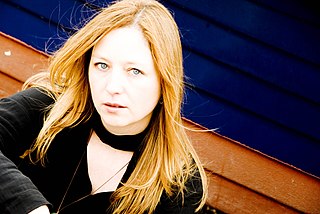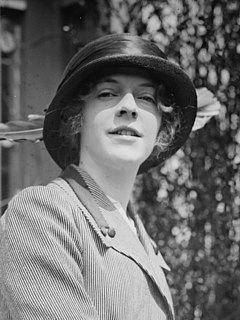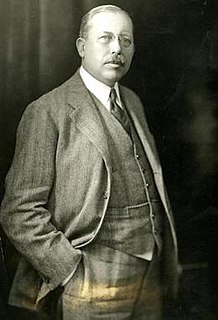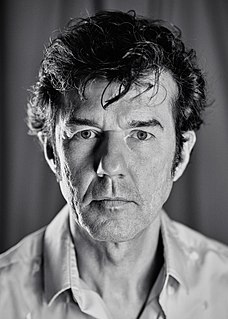A Quote by Oliver Wendell Holmes, Jr.
The ideas of the classics, so far as living, are our commonplaces. It is the modern books that give us the latest and most profound conceptions. It seems to me rather a lazy makeshift to mumble over the familiar.
Related Quotes
It is chiefly through books that we enjoy intercourse with the superior minds, and these invaluable means of communication are in reach of all. In the best books, great men talk to us, give us their most precious thoughts, and pour their souls into ours. God be thanked for books. They are the voices of the distant and the dead, and make us heirs of the spiritual life of past ages. Books are true levellers. They give to all, who faithfully use them, the society, the spiritual presence of the best and greatest of our race.
It is difficult to see anything but infatuation in the destructive temperament which leads to the action ... that each of us is to rejoice that our several units are to be distinguished at death into countless millions of organisms; for such, it seems, is the latest revelation delivered from the fragile tripod of a modern Delphi.
Our conceptions of morality, as all our other ideas, pass through a course of development; the difficulty comes in adjusting our conduct, which has become hardened into customs and habits, to these changing moral conceptions. When this adjustment is not made, we suffer from the strain and indecision of believing one hypothesis and acting upon another.
I have a personal staff that helps me scour the internet and other media for the latest scientific peer-reviewed findings, the latest examples of climate-related extreme weather events, and the latest examples of progress. The world is in the midst of a sustainability revolution that has the scope of the industrial revolution, but with the speed of the digital revolution. That's not enough without new laws and the right kind of political leadership. But it does give us a base from which to build a movement that will save us from the most catastrophic consequences of the climate crisis.
It is quite beyond me how anyone can believe God speaks to us in books and stories. If the world does not directly reveal to us our relationship to it, if our hearts fail to tell us what we owe ourselves and others, we shall assuredly not learn it from books, which are at best designed but to give names to our errors.
There are obviously two educations. One should teach us how to make a living and the other how to live. Surely these should never be confused in the mind of any man who has the slightest inlinkng of what culture is. For most of us it is essential that we should make a living... In the complications of modern life and with our increased accumulation of knowledge, it doubtless helps greatly to compress some years of experience into far fewer years by studying for a particular trade or profession in an institution.
The conventional wisdom in our business is that you have to grow and keep moving to survive. We never grew, always stayed tiny, and it serves us very well over the years, allowing us to pick and choose projects, and keeping our financial independence from our clients. We actually have a rather good track record, because we do select projects carefully. Most of our ideas don't eat dust but glimpse the light of day because we find it much more helpful to spend some serious time and effort before we start working on a project, rather than suffer through it afterwards.
The modern artist is living in a mechanical age and we have a mechanical means of representing objects in nature such as the camera and photograph. The modern artist, it seems to me, is working and expressing an inner world - in other words - expressing the energy , the motion and the other inner forces ... the modern artist is working with space and time , and expressing his feelings rather than illustrating.


































